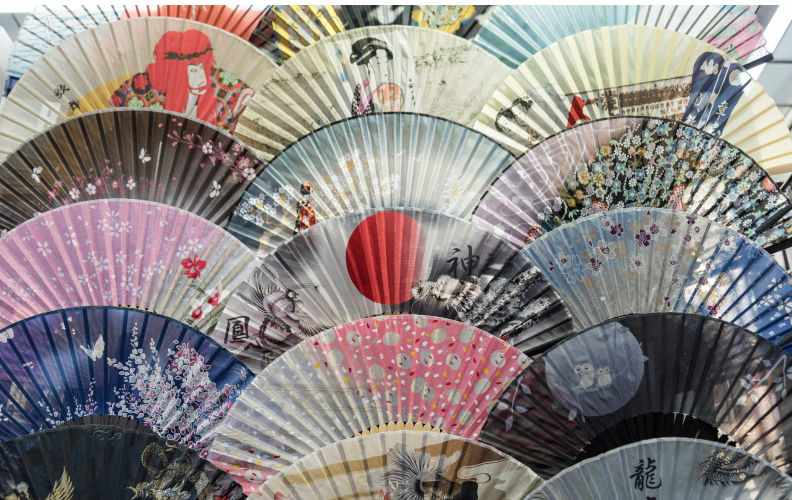Missed opportunities in Japan
July 9, 2025
John Menadue points to the lack of Australian interest and involvement in Asia.
Here in Japan that is partly true. The absence of media, political, academic and other forms of serious interest in Japan that I see around me is sad.
But at the youth level there is enormous interest, and it owes much to none other than Menadue.
As ambassador here, he worked on Japan’s conservative bureaucracy to permit one-year work visas for people under 30 years to come to Japan.
Today young Australians with those one-year visas are now flooding into Japan.
Many have somehow picked up basic Japanese before they arrive and would have liked somehow to improve. But seeking improvement while working was difficult.
Returning to Australia their Japanese language and interests quickly disappeared.
University degree courses in Japanese — complex grammar lessons piled onto abstruse reading texts — did little to improve things.
Few graduates from these courses have seemed to go on to make careers in Japan.
Young Australians who have wanted to connect with Japan have faced a cruel set of dilemmas.
Japanese, like Chinese and most other Asian languages, is mind-bendingly difficult.
But the idea of surviving in Japan without the language is equally difficult. And the idea of surviving in this world without some form of university credential is also, unfortunately, very difficult.
So what to do?
Back in the sixties, an inspired NSW university teacher found a simple answer all these problems, the double major system, much used in the US. This system allowed the student to choose two topics for study over four years – business and Japanese, Japanese and law and so on.
True, two years for each topic was less than adequate. But demand from Australian firms in Japan for anyone with even just the basis of the language was strong. (US universities also provided facilities to help graduates get established in Japan and continue Japanese studies – an idea Australian universities have so far ignored,)
Even so, graduates from the NSW course were able to go on to create a generation of young Australians working successfully in a variety of fields and doing much to improve the Australian presence in Japan.
But when the teacher who had done so much make the scheme a success moved on, the “intelligence” operators, who have done so much to wreck Australia’s relations with China, moved in to have one of their operatives appointed as replacement.
The scheme soon fell apart, and was not replaced despite some efforts from West Australia academia in which I was marginally involved.
As I left Australia I wrote to the then ANU head about the need to improve Japanese language training (the university was using people with non-Japanese ability for advanced Japan research – something inconceivable at a US university.)
I got no reply.
The views expressed in this article may or may not reflect those of Pearls and Irritations.


